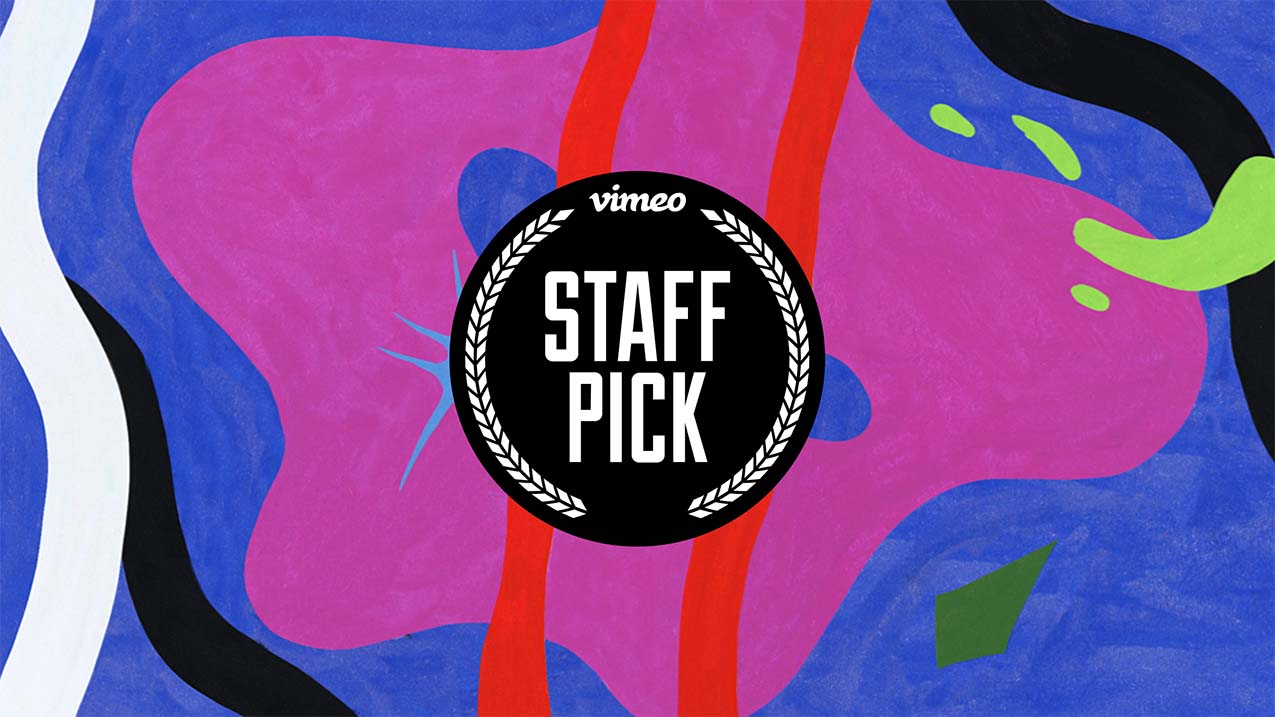
By far, the best part of working at Vimeo is getting the opportunity to reconnect with our Staff Pick community and see them debut new films at the festivals. So far this year, we’ve had an amazing time at the Sundance Film Festival in Park City, Utah, and SXSW in Austin, Texas.
In total, between both festivals, our small but mighty curation team saw a staggering 126 short films, many of which will make their online debut on the Staff Picks channel in the coming months. We were also proud to see 42 features debut from Staff Pick alumni. We won’t do the math on how many minutes of excellent film that is… but it sounds like a lot.
Watch Staff Picks from Sundance →
Watch Staff Picks from SXSW →
We were thrilled to sit down with a few Staff Pick filmmakers to talk shop. In addition to chatting about their new films, we dug into how they get out of creative blocks and what’s inspiring them lately. We had a lot of good conversations that often circled around to the magic of short film and how lucky Vimeo is to be able to create a space for this format to thrive.
“My favorite thing in the world to do is have juicy, deep conversations with my best friend or a stranger. And I feel like making stuff is my way of having juicy conversations with the world.”
Below, we’ve pulled some choice snippets from what our filmmakers had to say about shorts and why they’re such an important art form:
1. Starting small is best
Sean Wang, Academy-Award-nominated director of the short “Nǎi Nai & Wài Pó” and the feature “Dìdi (弟弟),” put it elegantly and succinctly by saying, “Heart doesn’t cost money.” You don’t need a ton of money to make a short, and that can even make your film more honest. Looking inside yourself and figuring out what you really care about can get you further than doing something big and cinematic.
2. A more accessible form means more art
Anu Valia has written and directed for TV shows like “And Just Like That,” “She-Hulk: Attorney at Law,” and “Shrill,” as well as the Sundance prize-winning “Lucia, Before and After” and her SXSW feature debut “We Strangers.” Anu told us that art begets art — that the more art we have and support, the more original voices there will be. And because most people aren’t out here with a feature-length budget and unlimited time, shorts are a better option for many, and that means there’s more art in the world and more inspiration to go around.
3. There’s less pressure and more freedom
Alison Rich, comedic genius, writer, and director of “Pathological” and “Training Wheels,” loves the autonomy that comes with making shorts. You don’t have to answer to a studio or a network, and you have an opportunity to truly be yourself. In some ways, that can create less pressure. If it’s just for you, it doesn’t have to be perfect, and whatever you make can ultimately empower you.
4. Great things can come from constraints
Alex Lazarowich is a documentary filmmaker with a focus on telling Indigenous stories. Her documentary shorts “Winding Path” and “Fast Horse” both premiered at Sundance festivals. She praised short-form’s ability to force you to hone your storytelling skills. Alex also observed that shorts are where a lot of the interesting experimentation is happening, which ends up pushing the whole industry forward. Big things can happen even with a 10-minute video that end up having a ripple effect.
5. Simple narratives are beautiful
Jack Dunphy, director and animator of “Jack’s Funeral” and “Revelations” told us that he uses deadlines for film festivals as a great motivator for getting things done (smart!). And also, that shorts allow you to hone in on one small, simple detail, unravel it a bit, and see what “truth” is there. We love the idea that even though the form may be short, the focus of your film can be deeper because of it.
6. Time is on your side
Sterling Hampton IV, director of documentary shorts “Merman,” “Figs,” and “Kylie,” celebrates short form for being easier to produce and easier to capture the attention of your audience. You’re not asking anyone to sit down for two hours and watch your film. They can watch it on a break or during their commute on their phone, and that allows you to “get away with” whatever you want without being beholden to anyone else’s ideas or expectations.
